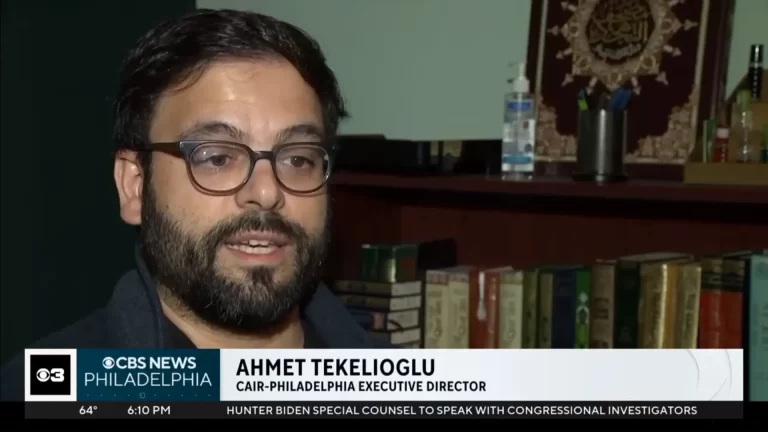Critics say a bill introduced by a Pennsylvania state lawmaker amounts to an attack on Shariah law, which is followed by many devout Muslims.
The House bill, introduced by Rep. Rosemarie Swanger, stipulates state courts when deciding cases shall not “consider a foreign legal code or system” lacking “the same fundamental liberties” as the Pennsylvania constitution and the U.S. Constitution.
The Philadelphia Inquirer reported Thursday a rabbi, an interfaith leader and a Temple University professor had joined the Council on American-Islamic Relations in criticizing the bill.
In a June 14 letter promoting the bill to colleagues, Swanger, a Republican, wrote: “Increasingly, foreign laws and legal doctrines — including and especially Shariah law — are finding their way into U.S. court cases. Invoking Shariah law, especially in family law cases, is a means of imposing an agenda on the American people.”
In an Oct. 14 memo to fellow lawmakers, she warned of “infiltration of foreign legal doctrine” but did not mention Shariah.
“This bill feeds the perception that Muslims are anti-American foreigners,” Moein Khawaja, director of the Philadelphia chapter of the Council on American-Islamic Relations, said at a Philadelphia news conference Wednesday.
Khawaja urged Gov. Tom Corbett to veto the bill if it reaches him.
Rabbi Linda Holtzman of Philadelphia’s congregation Mishkan Shalom said at the news conference Swanger’s June memo carries “the echoes … of Germany in the 1930s,” when Jewish law repeatedly was defamed “as a means of defaming all of Jewish tradition.”
Khalid Blankinship, a professor of religion at Temple University, said the purpose of Shariah law for Muslims “is regulating matters [of marriage, inheritance, etc.] among themselves … just as the Jewish law practiced by Orthodox Jews is for that very purpose.”
Swanger aide Lily Horst told the Inquirer critics were misinformed about the bill’s intent.
The newspaper said U.S. courts are often asked to interpret foreign law in international commercial disputes and interpret Jewish, Muslim and Catholic canon law as well.





